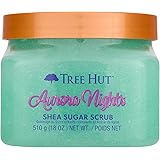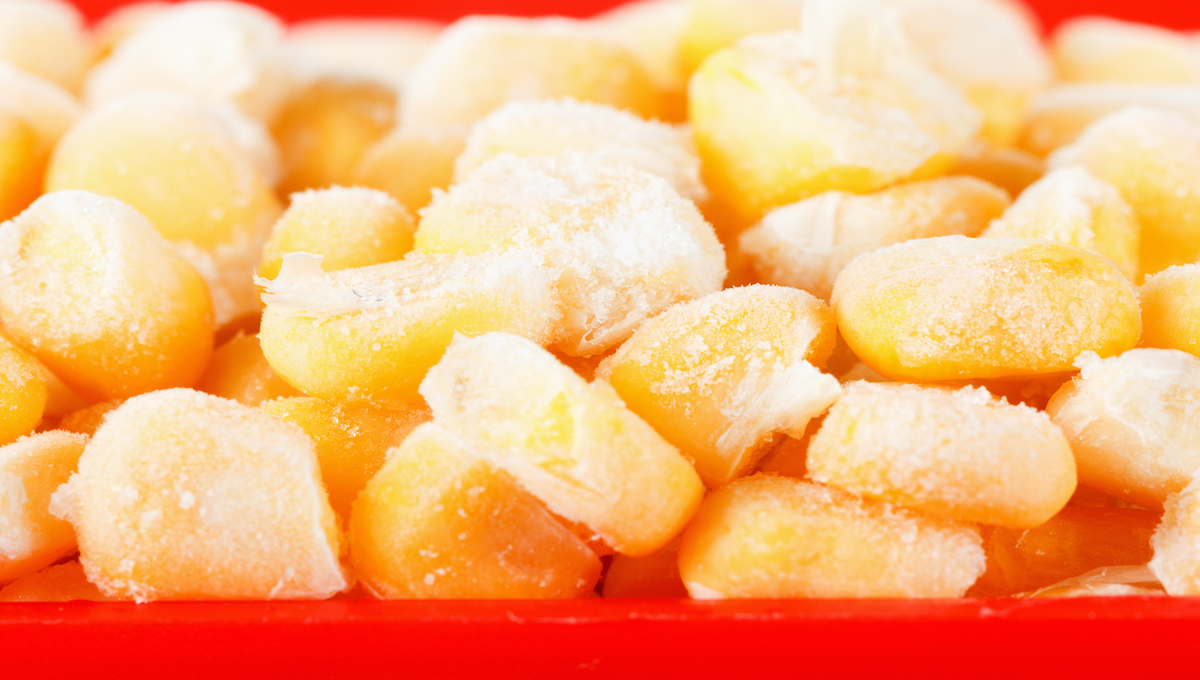
Hawaii House Bill 521 reads like another attempt to weaken the regulation of raw milk until you notice that the year 3000 is currently listed as the effective date. That might be a long wait for those who want to legalize raw milk and raw milk products in the Aloha State including the bill’s powerful author.
Nevertheless, HB521 is getting serious consideration from Hawaii’s legislative committee. The bill has already been heard by the House Finance Committee and the Committee on Consumer Protection and Commerce. Those two committees agree that the purpose of HB 521 is to:
1) Authorize and decriminalize the sale of raw milk and raw milk products directly to consumers for human consumption, subject to certain conditions; and
(2) Authorize the sale of raw goat milk for pet consumption, subject to certain conditions.
Hawaii’s Health Department is completely opposed to HB 521. The department’s testimony could not be more clear:
| “Section 1 of the bill finds that people in Hawaii desire to drink raw milk. However, the Department urges the legislature to weigh the potential health risk of allowing raw milk to be sold. ” In doing so, the public could be exposed to undue risk of serious illness or death by possible exposure to pathogenic organisms. Our Keiki, Kupuna, and the immunocompromised face even greater risk than the general public, as they will face much greater difficulty fighting off any pathogens ingested and will have a much higher mortality rate for almost all pathogens associated with consuming raw dairy products. |
| “The numbers of outbreaks and illness cases were likely higher than the above estimates due to underreporting. Of the 133 outbreaks occurring from 1987 to September 2010, 5 were multistate outbreaks with cases from at least two states. The remaining 128 outbreaks occurred in 30 states. Of these 30 states, 20 allowed some type of raw milk sale for direct human consumption according to the National Association of State Departments of Agriculture survey of 2008 (NASDA, 2008). Outbreaks from these 20 states accounted for 80% of all outbreaks in the US during this period. |
The Finance Committee received testimony in support of HB521 from five individuals and the Finance Committee received testimony in opposition to this measure from the Department of Agriculture, Department of Health, and Hawaii’s Farm Bureau.
Finance amended this measure by changing the effective date to June 30, 3000, “to encourage further discussion.”
The Consumer Protect and Commerce Committee received testimony in support of HB521 from The Pet Depot, Weston A. Price Foundation, and nine individuals. Consumer Protection received testimony in opposition to HB521 from the Department of Health, Department of Agriculture, Hawaii’s Farm Bureau, and one individual.
The Committee found that raw milk is milk that has not undergone the process of pasteurization, which is the process by which milk is mildly heated to destroy pathogens. Consumer Protection further found that there is consumer demand for raw milk because of its taste and perceived health benefits. However, under existing administrative rules, milk is only available to the public if it has undergone the process of pasteurization. Goat milk is similarly prohibited unless it has undergone the process of pasteurization. This measure is intended to provide consumers and their pets with more milk beverage choices.
A third set of hearings was underway Monday before the Senate’s Committee on Agriculture and the Environment along with the Committee on Health and Human Services.
The prime sponsor of HB521 is Rep. Mark Nakashima, who chairs Hawaii’s House Consumer Protection and Commerce Committee. He claims HB521 will increase food security in smaller communities
HB521 would permit farmers and ranchers with 10 or fewer cows to produce raw milk and sell it to their neighbors whether they be a food hub, non-profits, or just regular neighbors.
“Not only do they get to sell raw milk they obtain from their small number of livestock, but they can make a diverse array of food products from that one source and turn a food desert into a self-sustaining oasis,” Nakashima told Hawaiian media.
Hawaii is no longer self-sufficient in pasteurized milk production as there is only one Grade A dairy farm still functioning on the islands. Customer demands require the import of thousands of gallons of milk mainly from California.
Nakashima sees food security as an economic issue and wants Hawaii to access more locally sourced affordable food products. He says HB521 will “empower a new kind of community-based dairy producer.”
As reported Sunday by Food Safety Newsthere are four other states with raw milk bills under active consideration. Illinois, Minnesota, Rhode Island, and Utah have various considerations underway involving raw milk.
(To sign up for a free subscription to Food Safety News, click here)
Note: This article have been indexed to our site. We do not claim legitimacy, ownership or copyright of any of the content above. To see the article at original source Click Here










![[Editorial] 'Saemangeum solar power' preferential treatment for unlicensed companies, the truth must be properly revealed thumbnail](http://img.segye.com/content/image/2021/12/19/20211219508945.jpg)


